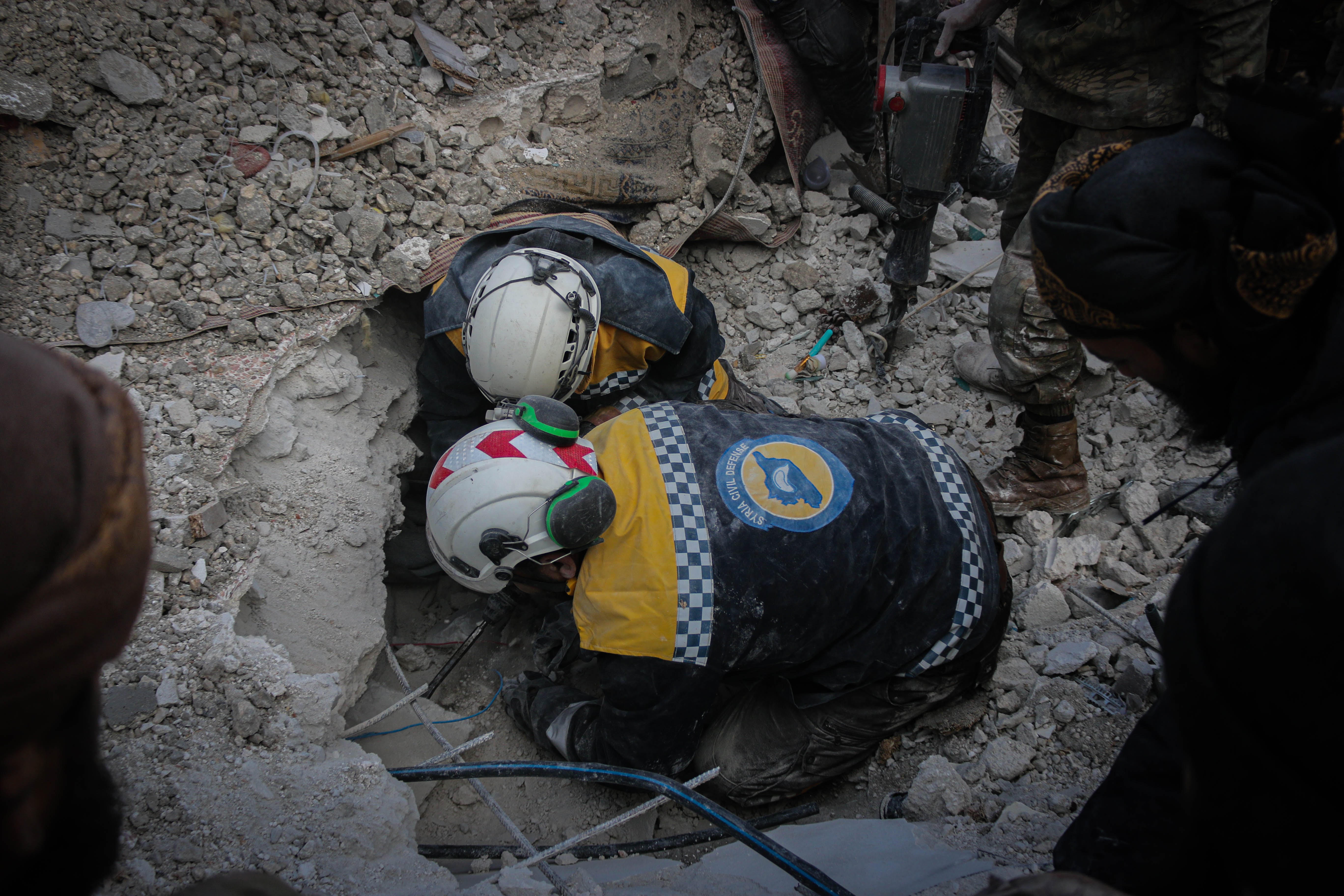Trump and humanitarianism. Oxymoronic to say the least.
The effects of Trump becoming President-elect of the United States of America will ripple across time zones and sectors. The humanitarian world is not immune. We can expect to see some substantial changes in the way the United States engages globally through foreign policy and aid commitments. So what can we expect Donald Trump’s impact on the humanitarian world to be? Here is our analysis.

A fence separates Juarez from El Paso. On the embankment, someone wrote in large letters, “Berlin Wall”. (Photo by Nathaniel Janowitz/VICE News).
Expect a fall in global humanitarian funding. At a personal level Donald Trump has been described as the ‘least charitable billionaire in the world’. Any charitable interests are most certainly domestic and throughout the election campaign he has pledged to focus internally on ‘making America great’. This suggests a shift in funding priorities away from international aid, including to humanitarian assistance. In practical terms this means reduced funding available to USAID and Bureau of Population, Refugees and Migration. USAID is currently the largest humanitarian donor globally, in 2015 it allocated $USD6.42 billion to humanitarian assistance, more than double the assistance provided by the next largest donor government. The impact of a reduction in funding being channelled through USAID will be highly impactful on the capacity of humanitarian actors to deliver in critical contexts such as Syria, Iraq, South Sudan, Yemen and Palestine. It’s likely that USAID’s budget would focus more on trade and as Trump aims to hugely increase defence spending humanitarian funding will likely take a hit. It is also likely that the support, financial and political, to the United Nations will decline undermining the authority and capacity of critical UN bodies such as the UNHCR, UNOCHA and OHCHR.
Expect less engagement in critical humanitarian challenges such as the current migration and displacement situation. Trump’s approach to immigration will mean more people in detention, to restrict refugee intakes into the US, and a move away from welcoming people from the Middle East. ‘Extreme vetting’ will hinge on racial profiling and will put the most vulnerable at risk as they seek safety.
Expect an erosion of respect for humanitarian principles, international human rights and humanitarian law. There has always been a rub between the achievement of humanitarian outcomes and political outcomes. Political actors need to have a strong understanding and respect for humanitarian principles and relevant areas of law in order to achieve that balance. Donald Trump has consistently demonstrated a lack of understanding and respect for the relevant bodies of law. Trump’s strategy to defeat the terrorist group ISIS included ‘bombing the s**t out of them’ and using the US military to threaten death to the families of ISIS terrorists as part of the approach to combatting terrorism. Such an approach involves the targeting of civilians and undermines basic principles of human rights and international humanitarian law, apparently misunderstood or disregarded by the President-elect. Trump has also consistently endorsed tactics that are widely regarded as torture including the use of water boarding and has referred to the necessity of ‘doing the unthinkable’. There is also the concern about Trump’s views on using nuclear weapons. The current United Nations High Commissioner for Human Rights, Mr. al-Hussein, has reflected recently that “If Donald Trump is elected, on the basis of what he has said already, and unless that changes, I think it’s without any doubt that he would be dangerous from an international point of view,”
Expect the US to pull out of the Paris Climate Change Agreement as a part of Trump’s first 100 Day Action plan. Considering the established links between climate change and the frequency and severity of natural disasters this will set back disaster risk reduction efforts and affect millions of the most vulnerable. As one of the world’s biggest emitters, this is a dangerous example to set.
Expect progress on women’s leadership in humanitarian action to take a stumble. Let’s face it, it’s already stumbling and Trump is not going to be a pioneer for women’s leadership in any sector. As of January 2016, there are 29 UN Humanitarian Coordinators globally and only 9 of these are women. The recent appointment of the United Nations Secretary-General has also been analysed in terms of the challenges for women to reach high profile positions, with Antonio Guterres being appointed as the new UN Secretary General ahead of several credible women. The backroom political deals “among the old boy’s establishment prevailed”, and these backroom political deals will only be exacerbated by the presence of Trump as a representative in the Security Council and in international politics.
So what next? Hillary Clinton asked for Donald Trump to be given a chance – what does that mean for the humanitarian sector? How can we navigate these uncharted waters in the context of the greatest humanitarian need in a generation? This will be yet another challenge as we aspire to assistance the more than 96 million people in need and promote the necessity of respecting international humanitarian law in conflicts across the world.
Image Sources:
- https://static01.nyt.com/images/2016/03/27/us/27transcript-web/27transcript-web-facebookJumbo.jpg
- https://news.vice.com/article/trump-wall-has-mexico-pissed-off-immigrants-keep-crossing-border






